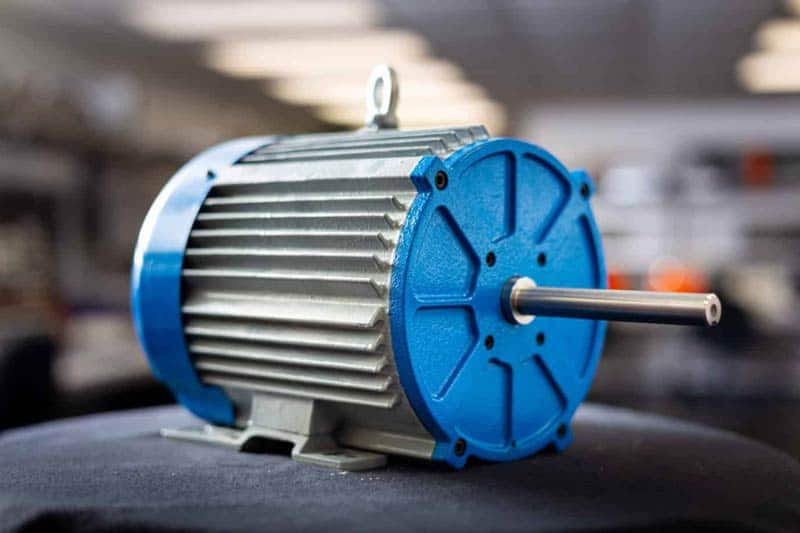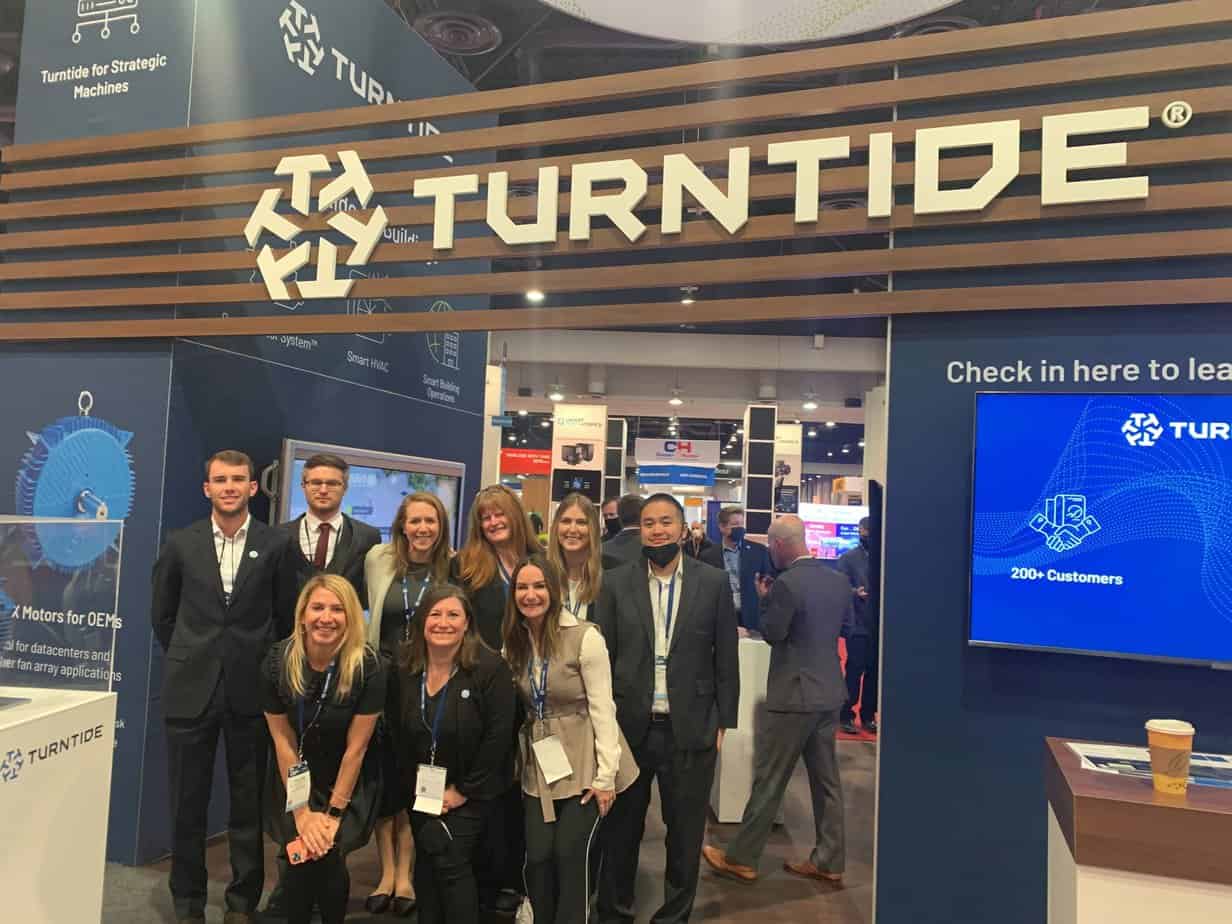Rare earth minerals are the ugly little secret of many “clean” technologies today – including the many high efficiency motors which depend on permanent magnets. These motors run at higher efficiency, but at an extremely high cost. First, rare earths are expensive, and the high prices of permanent magnet (PM) motors reflect those input costs.
The biggest price, however, is paid by the planet. Because the real problem with rare earth minerals isn’t that they are rare. In fact, they’re not. It’s that the challenging process of extracting them requires a combination of chemicals that leaves behind a tremendous amount of solid waste, according to a study by MIT. Rare earths mining leaks acids, heavy metals, and radioactive elements into surrounding grassland, livestock, and groundwater – particularly when the drive to keep prices low overrides safety and environmental concerns. According to a 2011 EPA report, in China “not only are large quantities of harmful gas produced, alarming amounts of liquid and solid waste also resulted from Chinese refining processes,” and “with little environmental regulation, stories of environmental pollution and human sickness remain frequent” near its rare earth production facilities.
Increasing energy efficiency is critical to turning the tide on climate change. Achieving that efficiency by polluting groundwater and generating other environmental hazards, however, isn’t a trade-off anyone can afford. China’s State Council admits that rare earth operations have “severely damaged surface vegetation, caused soil erosion, pollution and acidification, and reduced or even eliminated food crop output.” Cleaning up the damage already caused by the rare-earth industry in Ganzhou, a city in the province of Jiangxi, China, will cost an estimated $5.5 billion. In Baotou, China’s “Capital of Rare Earth,” radioactive toxic waste has turned communities around the dam into “cancer villages.” Meanwhile, in Malaysia, thorium contamination from one of Asia’s largest radioactive waste sites has driven an increase in leukemia and other ailments in local residents.
The risks of rare earths aren’t just environmental and humanitarian. They’re also geopolitical. China holds a near monopoly on these materials, which allows them to not only dominate entire industries but also the ability to impact pricing and availability. In 2010, China threatened to cut rare earths to Japan for the production of electronics, thus forcing several Japanese companies to relocate manufacturing and investment to China. This monopoly power is what recently led the US federal government to issue an executive order to try to reduce China’s monopoly power over these critical industrial inputs.
The costs are unlikely to drop. According to earth.org, reducing the toxic pollution from rare earths will require sustainable extraction and global mining standards, which would make their production even more expensive.
Of course, eliminating rare earths from cleantech products altogether solves both the environmental and financial concerns. That is why Turntide’s HR-SRM technology in its Smart Motor System is completely free of rare earth minerals.
Switched reluctance motors power Turntide’s Smart Motor System without permanent magnets or rare earth minerals, while providing unprecedented energy efficiency. Its simple design has no complicated moving parts to break and no risk of demagnetization.
Keeping rare earths out of our products eliminates both the supply chain risk and environmental damage, and lowers the cost of ownership – as well as your company’s electric bill. Learn more about our technology here.
What's New
Take the Next Step
Talk to our team to see how we can help you save energy and boost your bottom line.
Schedule Consult





